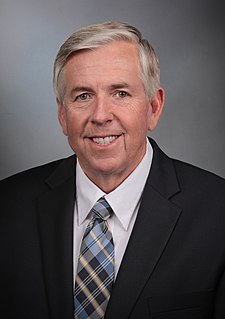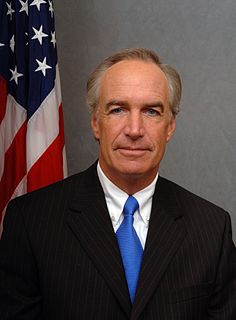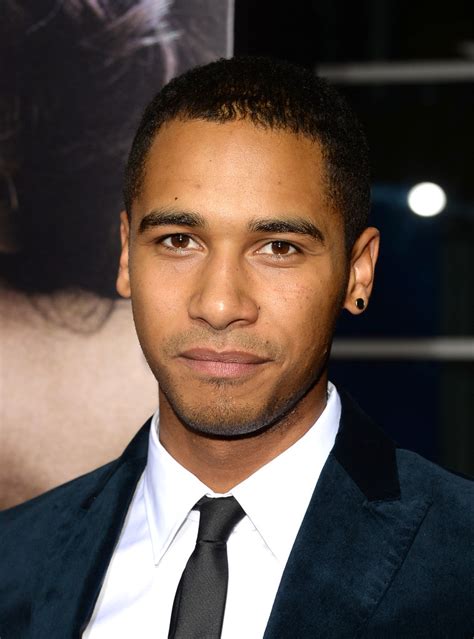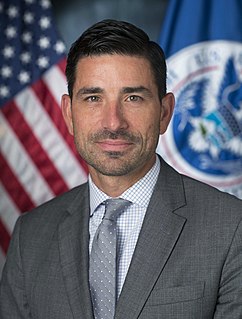A Quote by Mike Parson
Fighting crime and bringing criminals to justice takes more than law enforcement officers alone.
Related Quotes
My godfather was a Chicago policeman, and I've always looked at law enforcement as a challenging and interesting job. There are so many decisions that law enforcement officers have to make, and the incident or situation changes so much from moment to moment and day to day. I have a lot of respect for officers and what they go through.
'By Any Means' follows a team of behind-the-scenes crime-prevention team - not police. They basically go to the areas of crime where the police can't touch and organised crime fighting units can't go to - in the public eye - to bring about real justice, treading the line between 'true' justice and what the law says is justice.
The importance of making sure that the sense of accountability when, in fact, law enforcement is involved in a deadly shooting is something that I think communities across the board are going to need to consider, we have a great opportunity, coming out of some great conflict and tragedy, to really transform how we think about community law enforcement relations so that everybody feels safer and our law enforcement officers feel, rather than being embattled, feel fully supported.
Most people have no idea what cops really do. They think cops give you a speeding ticket. They don't see the cops associating with professional criminals and making money in the process. They believe that when a guy puts on a uniform, he or she becomes virtuous. But people who go into law enforcement do so for the trill of wielding power over other people, and in this sense, they relate more to the crooks they associate with than the citizens they're supposed to protect and serve. They're looking to bully someone and they're corrupt. That's law enforcement.































